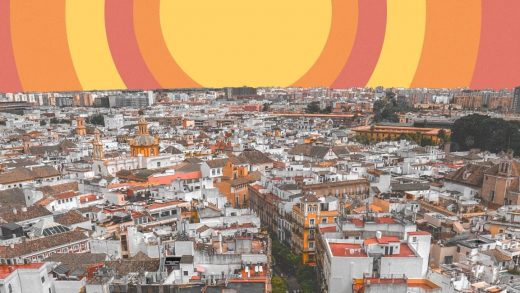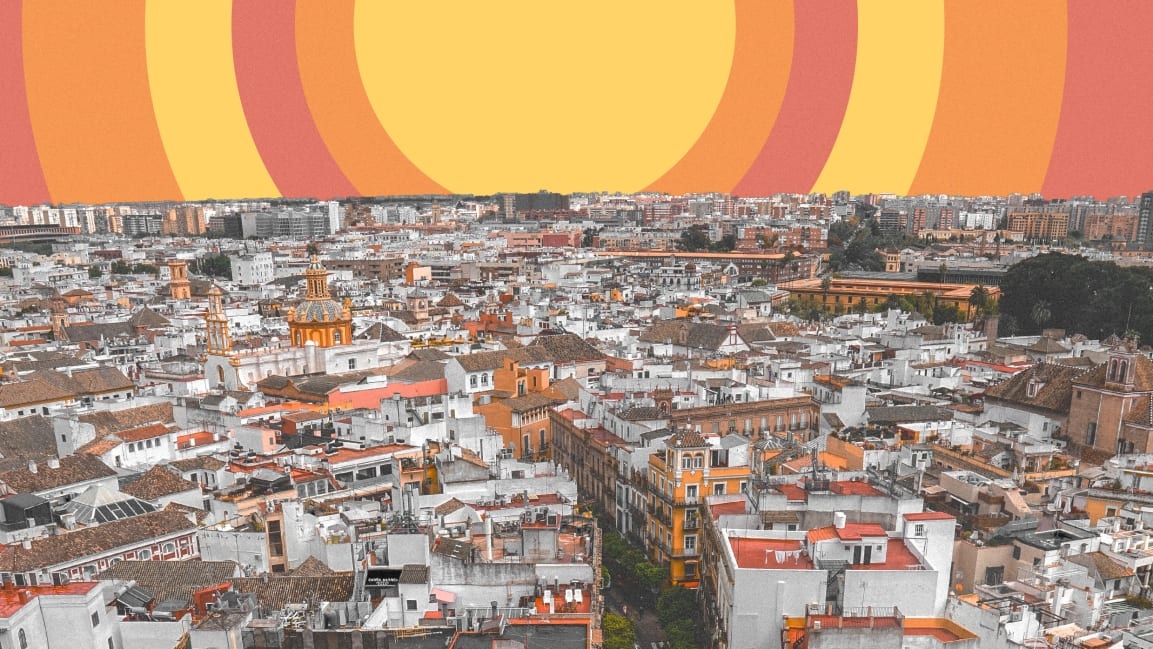Spain creates a universal minimum income targeted at 2.3 million people
With the coronavirus pandemic exacerbating the most vulnerable people’s financial struggles, the Spanish government has decided to implement what it’s calling a national minimum income, ensuring that people in the nation’s 850,000 lowest-income households receive at least roughly $500 a month in income. The plan aims to reach 2.3 million people and is expected to cost the government about €3 billion a year.
Spain’s government first floated the idea of a version of a universal basic income back in December, according to Spain’s English-language newspaper El Pais, in a deal that the country’s Socialist Party and left-wing Unidas Podemos agreed on to create “a general mechanism to guarantee earnings for families with no or low income.” The COVID-19 pandemic accelerated that plan, the paper reports; Spain’s government first released details of this national minimum income in April, and Deputy Prime Minister Pablo Iglesias announced its creation at a news conference on Friday.
“Today is a historic day for our democracy,” Iglesias said, according to El Pais. “Today this government is showing that its political choice is social justice and that it takes the [Spanish] Constitution seriously.”
People between 23 and 65 years old with “assets of less than 16,614 euros,” not including house and discounted loans, will be eligible for the basic income plan, according to Reuters, and will include incentives for finding “a formal job,” though it’s not clear exactly what those incentives are. Though the minimum amount the government is guaranteeing is €462 a month, that amount will increase with the number of family members, up to a total of €1,105 a month. A family is defined as “vulnerable” and eligible for the plan if its monthly income is €10 or more below the minimum income. At the point, the government will give them enough cash to meet the thresholds (but won’t exceed them).
The COVID-19 pandemic has hit Spain particularly hard; there have been nearly 285,000 cases and more than 27,000 deaths. According to the Organization for Economic Co-operation and Development’s Better Life Index, Spain has a “considerable” gap between its richest and poorest, with the top 20% of the population earning nearly seven times as much as the bottom 20%. Even before the coronavirus crisis, Spain had one of the highest rates of unemployment in Europe, and the pandemic has worsened that. April’s World Economic Outlook forecast an unemployment rate of 20.8%.
The idea of giving everyone money through a universal basic income has been gaining traction in recent years, and the coronavirus crisis added fuel to that fight. Former Democratic presidential candidate Andrew Yang renewed his call for a UBI after the United States stimulus package fell short. California’s Santa Clara County recently announced that it will give $1,000 a month to people recently transitioned out of foster care, and it hopes to expand that to people affected by the coronavirus pandemic. With more than 40 million Americans unemployed and countless others around the globe struggling to get by, advocates have said that the pandemic highlights the need for a guaranteed income, especially as a way to fight a devastating recession.
(7)



